Six Online Courses About Europe to Take Before You Can Safely Travel There Again
Sheltering in place doesn’t mean you can’t study up for your next European adventure
/https://tf-cmsv2-smithsonianmag-media.s3.amazonaws.com/filer/26/ca/26ca01f2-b9d8-48e1-aac6-c8f4c9624803/colosseum.jpg)
It’s uncertain when people will be able to visit Europe again based on current COVID-19 travel restrictions, but nothing is stopping you from doing a little studying in anticipation of future trips. In addition to language lessons, several major universities around the world are offering self-paced online courses focused on different aspects of European culture, from Greek and Roman mythology to Scandinavian film.
Here are six online classes that are accepting students right now. The best part: They're all free.
Art in Renaissance Venice
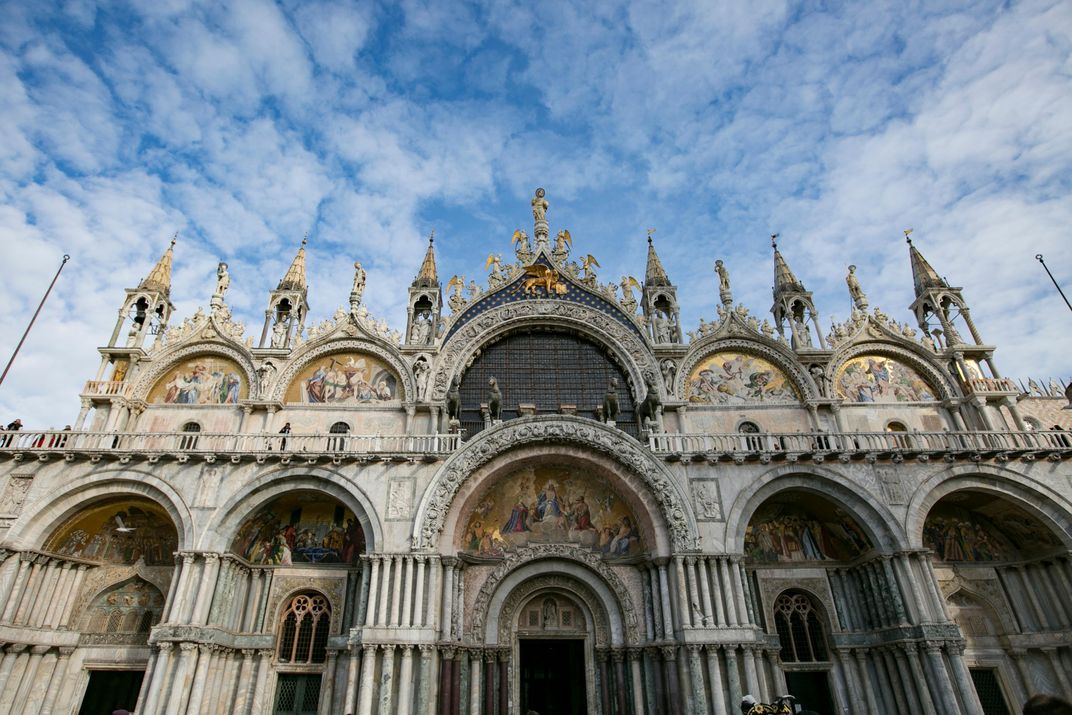
Studying art history in Venice would be a dream come true, especially since the canal-ladden city is surrounded by an abundance of iconic buildings and museums, including St. Mark’s Basilica, art museum Gallerie dell’Accademia, and the Church of San Sebastiano (Chiesa di San Sebastiano), a 16th-century Roman Catholic church that houses artworks by Renaissance-era painter Paolo Veronese. But this six-hour course—taught by art historian Paul Wood and offered through OpenLearn at the Open University, a public research university in the United Kingdom—serves as a solid introduction to this culturally diverse city, which during the Renaissance era served as an important trading center, particularly with countries throughout Asia and the Middle East. Students will learn about how this relationship between different cultures merged to create a period of art that defines Venice to this day.
Greek and Roman Mythology
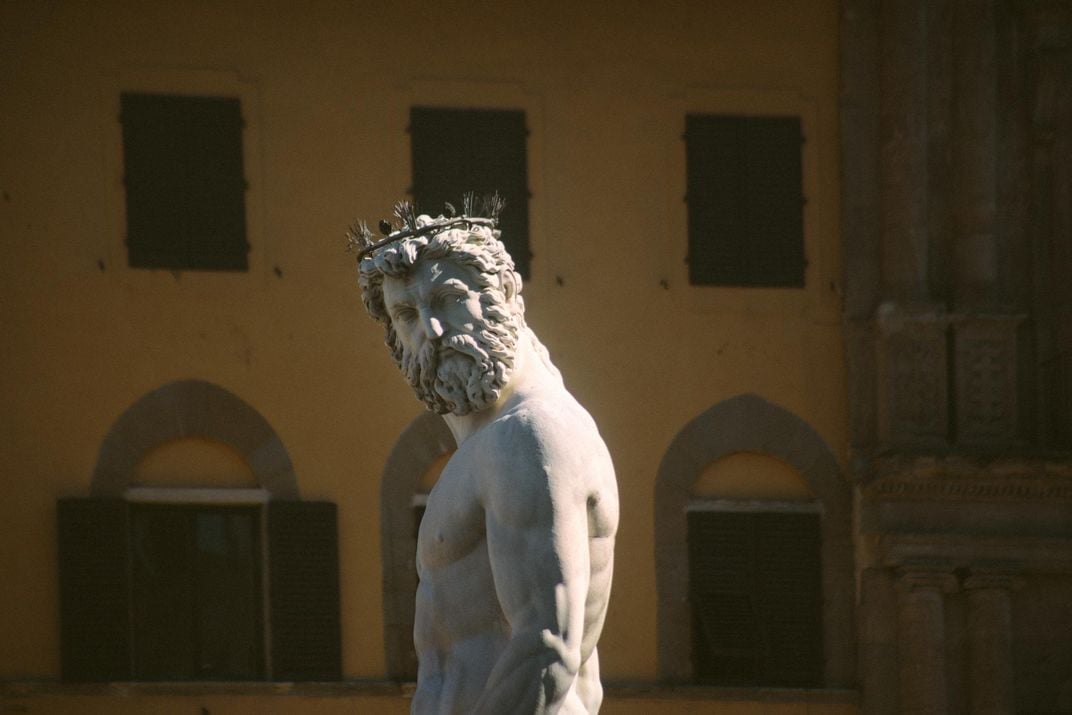
Instructed by Peter Struck, an associate professor of classical studies at the University of Pennsylvania, this course introduces students to mythology, specifically in reference to Greek and Roman cultures. The 10-week class, offered through Coursera, begins by analyzing the broad definition of myths through the viewpoints of both ancient and modern-day theorists and philosophers, and then segues into more specific lessons, including the study of Homer’s classic poem The Odyssey, the origin of the cosmos from Greek antiquity, and the importance of religious deities within both cultures. Each week students will be required to watch video lectures, ending with a quiz reviewing that week’s lessons.
Scandinavian Film and Television
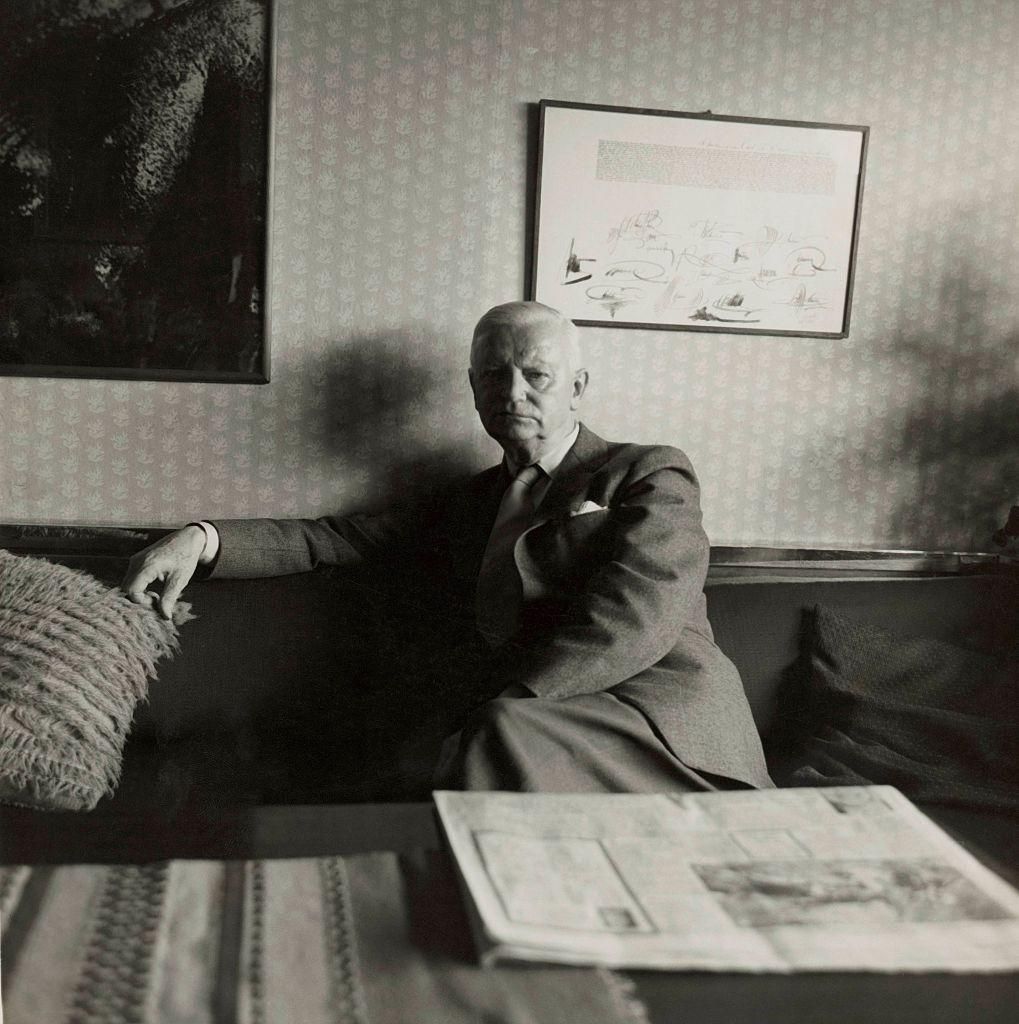
This five-week Coursera course is perfect for those wanting to get acquainted with Scandinavia's film and television scene throughout the 20th and 21st centuries. Instructor Eva Novrup Redvall, an assistant professor of film and media studies at the University of Copenhagen, leads students through weekly modules, kicking off with the early years of Scandinavian cinematic work, particularly the films of famed Danish director Carl Theodor Dreyer (The Passion of Joan of Arc, Vampyr) and moving on to more contemporary contributions in various genres, such as New Wave, art cinema and documentaries. Film and TV clips help bring each lesson to life, as do supplemental readings provided through different online sources.
A History of Royal Fashion
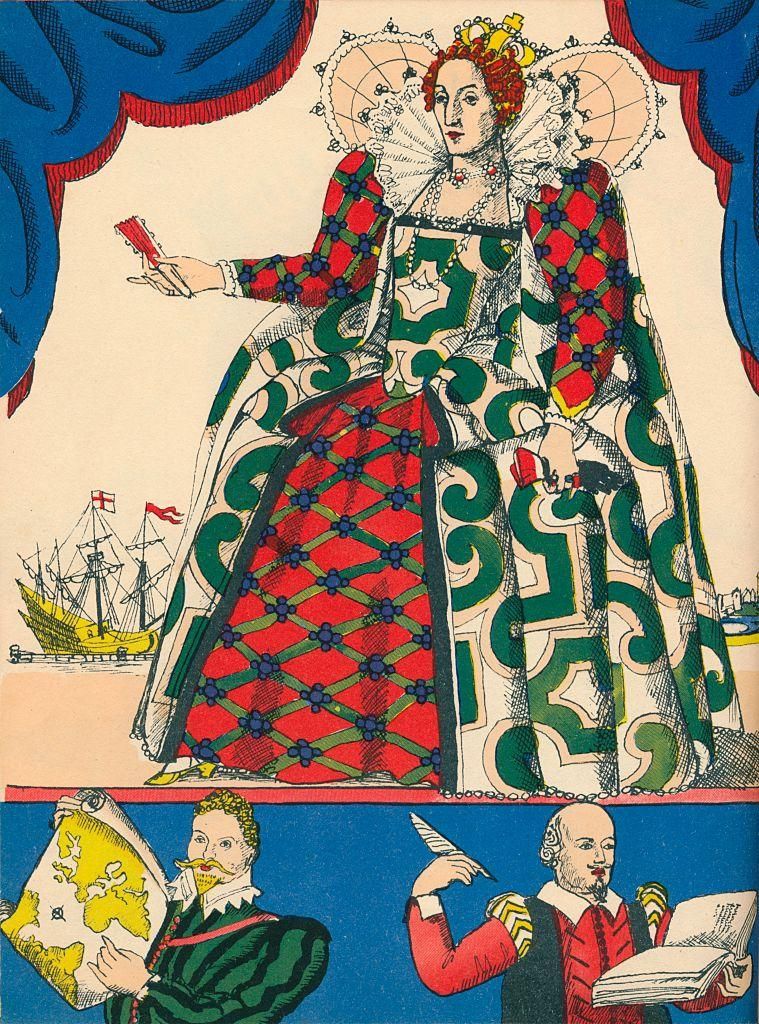
Royal fashion has long been an important part of British culture, and this course serves as a deep dive into the subject matter. Spanning from the Tudors (1509-1603) to the Windsors of the modern age, it’s taught by a team of experts, including Sally Tuckett, a lecturer at the University of Glasgow, and Eleri Lynn, a curator from Historic Royal Palaces, a charity that manages six unoccupied royal palaces in the U.K. The class, offered through FutureLearn, examines the fashions of the monarchy and the evolution of style over time, but it gives particular focus to the Historic Royal Palaces' Royal Ceremonial Dress Collection, which contains an impressive 10,000 garments of historical importance, including a mantua dress that historians believe was worn by Mary, Marchioness of Rockingham sometime in the 1760s. During the five-week course, students can expect to learn about courtly fashions, the craze for crinoline and how members of the royal family influence fashion today.
Rome: A Virtual Tour of the Ancient City
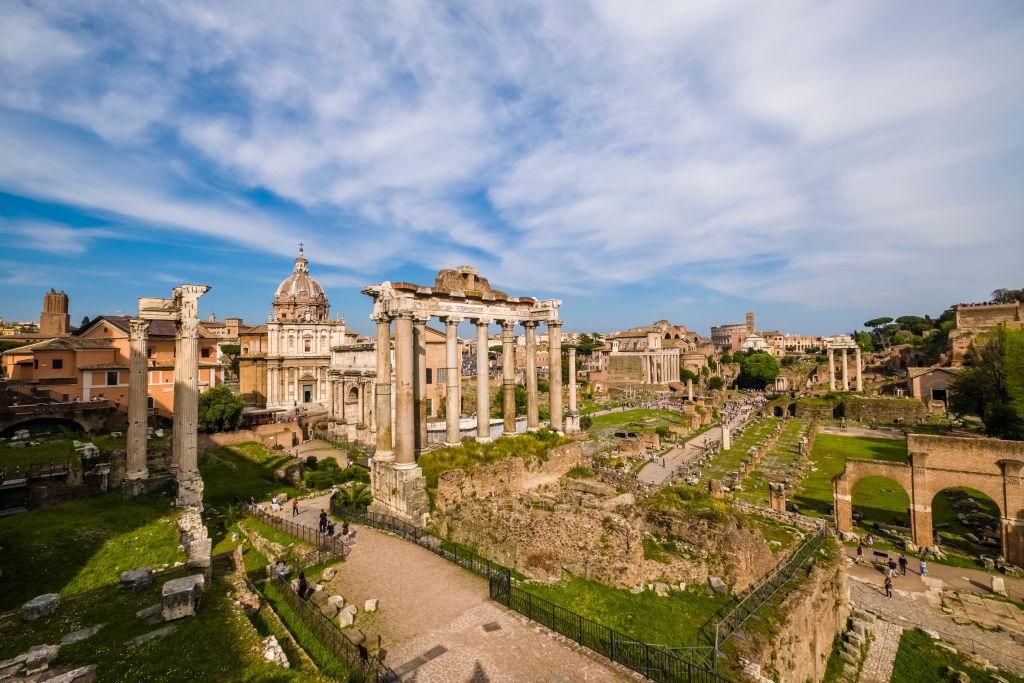
This class starts off with the following question, “What has Rome ever done for us?” Professor Matthew Nicholls in the Department of Classics at the University of Reading tackles that question head on during his five-week course, focusing on the building of the ancient city of Rome and how it laid the groundwork for the construction of cities throughout the world. Students learn about the favored building materials used by the Romans, such as travertine and tufa stone, both prized for their ability to be carved with relative ease, as well as various engineering marvels that are still in use today, such as aqueducts and sewers for drainage. In addition to online discussions, the FutureLearn course includes digital models that students can download and view, giving them a three-dimensional perspective of Rome without setting foot there.
Shakespeare's Life and Work
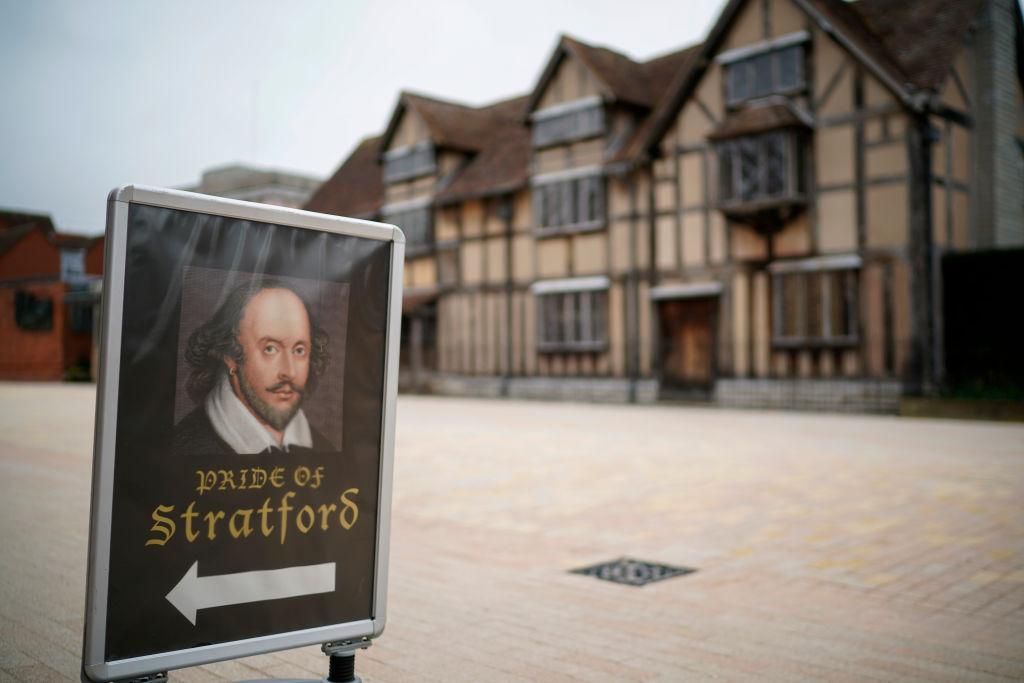
Reading Romeo and Juliet, Hamlet or any of the other works by William Shakespeare is practically a rite of passage in high school English classes, but this four-week course goes one step further and delves deep into the life of the lauded English playwright and poet. Using the Bard's biography for reference, Stephen Greenblatt, the Cogan University Professor of the Humanities at Harvard University, leads students through different approaches to literary analyis and examines how his writing has been interpreted over the centuries. The online course, which is offered through the Ivy League school's edX program (Smithsonian Institution is also an edX partner), comes to life though a series of videos filmed onsite in England, beginning with a visit to Stratford-upon-Avon, where Shakespeare was born in 1564, and ending with an evaluation of his legacy today.
Planning Your Next Trip?
Explore great travel deals
Smithsonian magazine participates in affiliate link advertising programs. If you purchase an item through these links, we receive a commission.